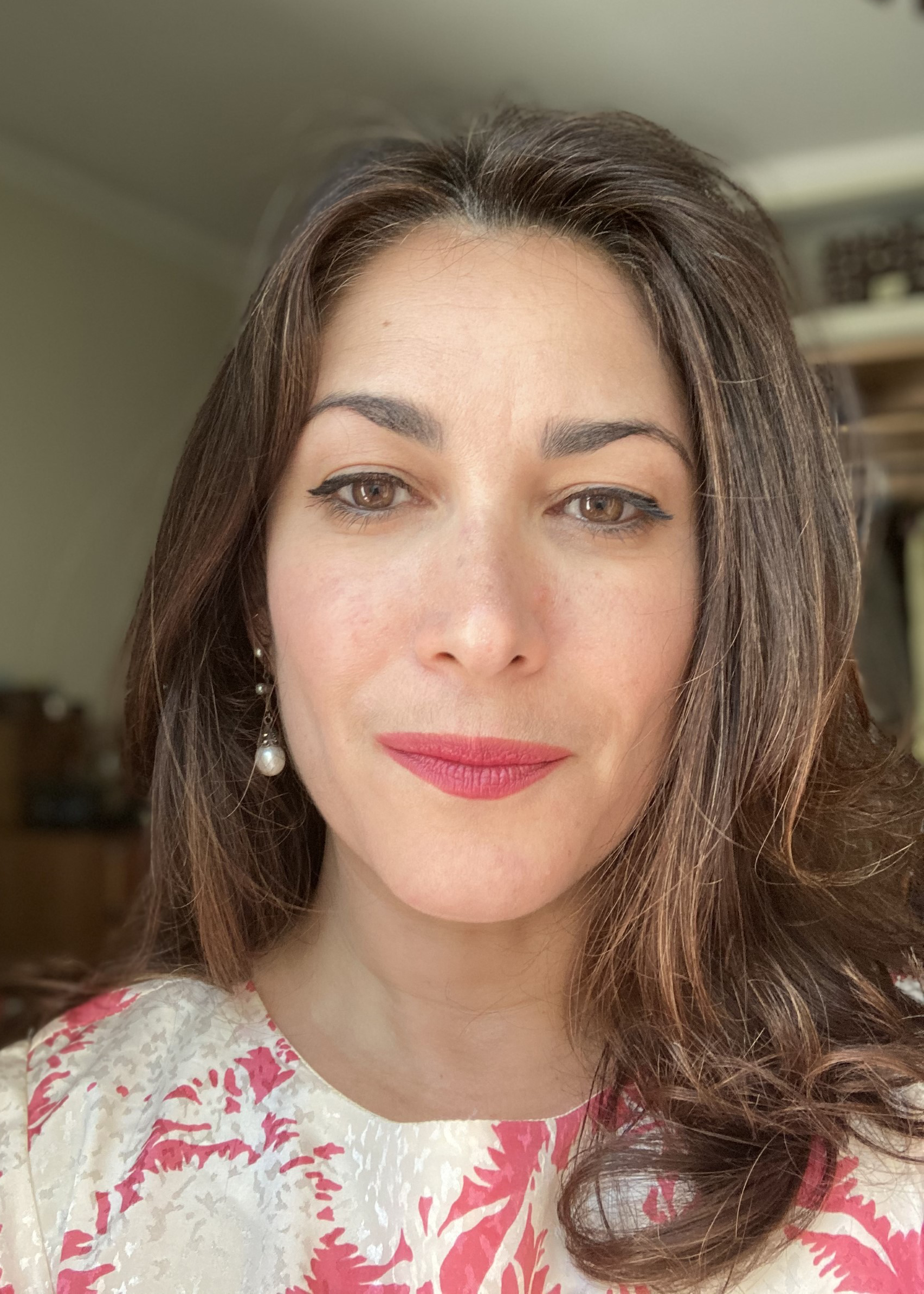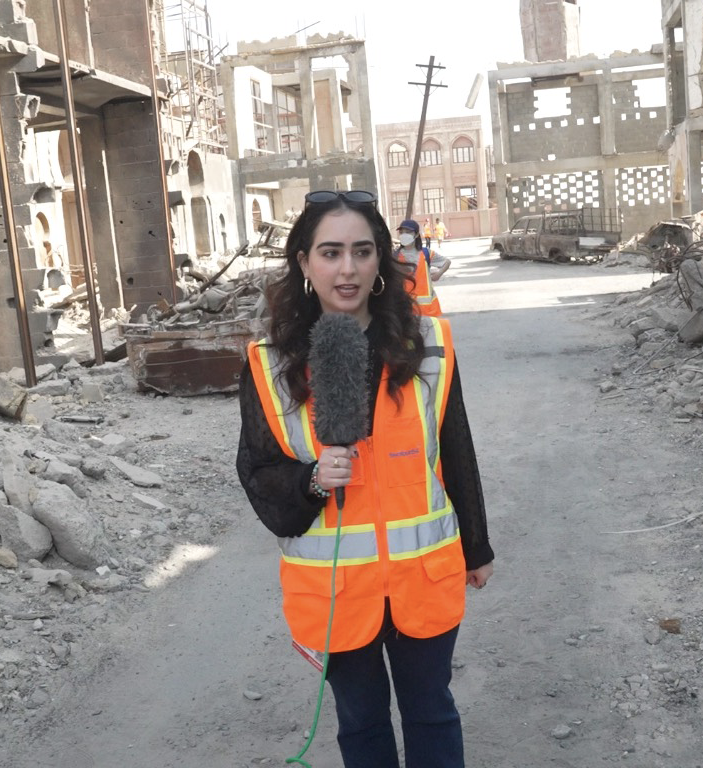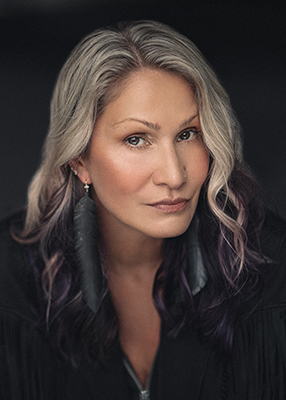Christopher Moore
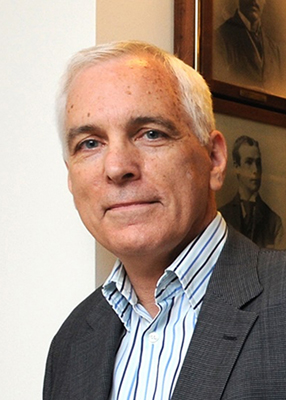
Christopher Moore is a historian by training and a writer by trade. He is the author of many award-winning books in Canadian history, as well as magazine columns, guidebooks, and reference works. Moore’s engagement with history started at UBC in the Arts One program in its inaugural year, but his path through the field has been anything but linear. In this interview, Moore describes his varied and colourful career. He also shares some advice he has for students looking to contribute to Canadian history.
How did your experience at UBC History influence your career?
It convinced me I did not love universities and did not want to be an academic — and I mean that as a compliment.
I began at UBC in the Arts One program — its first year. It was all team teaching, small groups, interdisciplinary reading, and intense discussions. Then in third and fourth year I plunged into the History department’s Honours program, which was a program of small group tutorials, wide reading, close supervision, and lots of writing. I remember Richard Unger’s tutorial in economic history, Stephen Straker on history of science, Ed Hundert on historiography, Allan Smith’s supervision of my honours essay — and great fellow students too.
That was a classic personalized liberal arts education, and I remain aware of how fortunate I was. UBC was already enormous then, and my own good experiences left me with a distaste for the big impersonal university norm, with lectures in big halls and a distance between students and faculty. I have many friends and colleagues I admire doing good work in universities, but that feeling often comes back when I’m on a campus.
What has your career path looked like?
My first professional experience, straight out of UBC History in the early 1970s, was several years as a historical researcher with Parks Canada. That convinced me I was cut out to be a historian, so I got an MA and launched into writing instead of going back to the civil service. I have been a self-employed freelance writer ever since, almost exclusively on Canadian history: books, print and radio journalism, historical consulting, and other media.
If I had not been able to support myself writing history, I might have gone back to Parks Canada or the museums field, but one thing led to another, and I have never had a day job since.
What is your work about?
A lot of my work has been directed at making a living, and helping support a family and a mortgage. Being a freelance writer about Canadian history has not always been easy, and I have had to be flexible in my subjects and the media I write in. I am grateful for the opportunities and experiences that came from that.
I began writing about eighteenth-century Canada, a field I apprenticed in during my Parks Canada job at the Louisbourg historic site in Nova Scotia — the best historic site reconstruction in North America, by the way. Louisbourg Portraits, a social history that won the Governor General’s Literary Award, really launched my writing career. It is still in print forty years on, and my contribution to the Illustrated History of Canada has become an authoritative brief treatment of New France — published in Russian lately, no less.
Later, the great constitutional wrangles of the 1980s and 1990s turned my interests from social to political history, and 1867: How the Fathers Made a Deal and Three Weeks in Quebec City has been influential contemporary readings on Confederation.
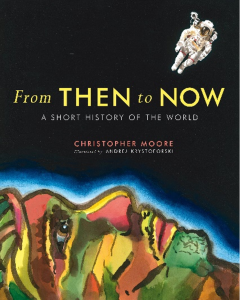


A commission out of the blue led me to a sort of “minor” in legal history, and I’ve written four books on the topic. Recently I’ve been drafting a Dictionary of Canadian Biography entry on an earlier B.C. judge, a wonderful character named Archer Martin.
For decades I’ve been writing columns and features for Canada’s History, where I am Contributing Editor. That has enabled me to profile and promote academic and non-academic historians doing interesting work in every field and every part of Canada. My blog, Canadian History News, has a surprisingly wide readership. Recently I’ve been doing a little consulting for a Parks Canada project that touches on confederation.
I feel fortunate to have had such experiences.
Is it important to study history?
Even if I hadn’t found my way into historical work through a chance hiring by Parks Canada, I would still think of historical studies as a good humanistic education that can help people to become good citizens and cultured people. There was a school of French historians who argued history is the “federative discipline,” a discipline that can give unity and coherence to all the others. I’ve always liked that idea. If I need to understand something, I like to know where it came from.
How does academic history compare with public history?
I admire public history programs because they are a place where students are exposed to things that could be part of any good history curriculum: archive-based studies, material culture history, community-based research, non-academic workplaces for historians.
When Parks Canada sent me to join the historians at Louisbourg, we spent our days doing intense historical research with challenging primary sources. But we also engaged with costume designers, artifact researchers, architects, exhibit planners — and also with people on camping trips to the Maritimes who had just discovered this amazing place and wanted to know everything about it. You can’t always find the same satisfaction in classrooms.
What would you say to someone curious about entering the field of public history?
For a long time, I’ve been a public historian only in the sense that my audience is the general reading public. I sometimes wish more people graduating with history degrees had ambitions in that area. Most of the Canadian trade-market historical writers I know began as journalists and turned to historical writing later. I always hope to hear of more bright young history grads writing, making documentary films, or inventing new digital-media historical projects.
Christopher Moore



Christopher Moore is a historian by training and a writer by trade. He is the author of many award-winning books in Canadian history, as well as magazine columns, guidebooks, and reference works. Moore’s engagement with history started at UBC in the Arts One program in its inaugural year, but his path through the field has been anything but linear. In this interview, Moore describes his varied and colourful career. He also shares some advice he has for students looking to contribute to Canadian history.
How did your experience at UBC History influence your career?
It convinced me I did not love universities and did not want to be an academic — and I mean that as a compliment.
I began at UBC in the Arts One program — its first year. It was all team teaching, small groups, interdisciplinary reading, and intense discussions. Then in third and fourth year I plunged into the History department’s Honours program, which was a program of small group tutorials, wide reading, close supervision, and lots of writing. I remember Richard Unger’s tutorial in economic history, Stephen Straker on history of science, Ed Hundert on historiography, Allan Smith’s supervision of my honours essay — and great fellow students too.
That was a classic personalized liberal arts education, and I remain aware of how fortunate I was. UBC was already enormous then, and my own good experiences left me with a distaste for the big impersonal university norm, with lectures in big halls and a distance between students and faculty. I have many friends and colleagues I admire doing good work in universities, but that feeling often comes back when I’m on a campus.
What has your career path looked like?
My first professional experience, straight out of UBC History in the early 1970s, was several years as a historical researcher with Parks Canada. That convinced me I was cut out to be a historian, so I got an MA and launched into writing instead of going back to the civil service. I have been a self-employed freelance writer ever since, almost exclusively on Canadian history: books, print and radio journalism, historical consulting, and other media.
If I had not been able to support myself writing history, I might have gone back to Parks Canada or the museums field, but one thing led to another, and I have never had a day job since.
What is your work about?
A lot of my work has been directed at making a living, and helping support a family and a mortgage. Being a freelance writer about Canadian history has not always been easy, and I have had to be flexible in my subjects and the media I write in. I am grateful for the opportunities and experiences that came from that.
I began writing about eighteenth-century Canada, a field I apprenticed in during my Parks Canada job at the Louisbourg historic site in Nova Scotia — the best historic site reconstruction in North America, by the way. Louisbourg Portraits, a social history that won the Governor General’s Literary Award, really launched my writing career. It is still in print forty years on, and my contribution to the Illustrated History of Canada has become an authoritative brief treatment of New France — published in Russian lately, no less.
Later, the great constitutional wrangles of the 1980s and 1990s turned my interests from social to political history, and 1867: How the Fathers Made a Deal and Three Weeks in Quebec City has been influential contemporary readings on Confederation.



A commission out of the blue led me to a sort of “minor” in legal history, and I’ve written four books on the topic. Recently I’ve been drafting a Dictionary of Canadian Biography entry on an earlier B.C. judge, a wonderful character named Archer Martin.
For decades I’ve been writing columns and features for Canada’s History, where I am Contributing Editor. That has enabled me to profile and promote academic and non-academic historians doing interesting work in every field and every part of Canada. My blog, Canadian History News, has a surprisingly wide readership. Recently I’ve been doing a little consulting for a Parks Canada project that touches on confederation.
I feel fortunate to have had such experiences.
Is it important to study history?
Even if I hadn’t found my way into historical work through a chance hiring by Parks Canada, I would still think of historical studies as a good humanistic education that can help people to become good citizens and cultured people. There was a school of French historians who argued history is the “federative discipline,” a discipline that can give unity and coherence to all the others. I’ve always liked that idea. If I need to understand something, I like to know where it came from.
How does academic history compare with public history?
I admire public history programs because they are a place where students are exposed to things that could be part of any good history curriculum: archive-based studies, material culture history, community-based research, non-academic workplaces for historians.
When Parks Canada sent me to join the historians at Louisbourg, we spent our days doing intense historical research with challenging primary sources. But we also engaged with costume designers, artifact researchers, architects, exhibit planners — and also with people on camping trips to the Maritimes who had just discovered this amazing place and wanted to know everything about it. You can’t always find the same satisfaction in classrooms.
What would you say to someone curious about entering the field of public history?
For a long time, I’ve been a public historian only in the sense that my audience is the general reading public. I sometimes wish more people graduating with history degrees had ambitions in that area. Most of the Canadian trade-market historical writers I know began as journalists and turned to historical writing later. I always hope to hear of more bright young history grads writing, making documentary films, or inventing new digital-media historical projects.
